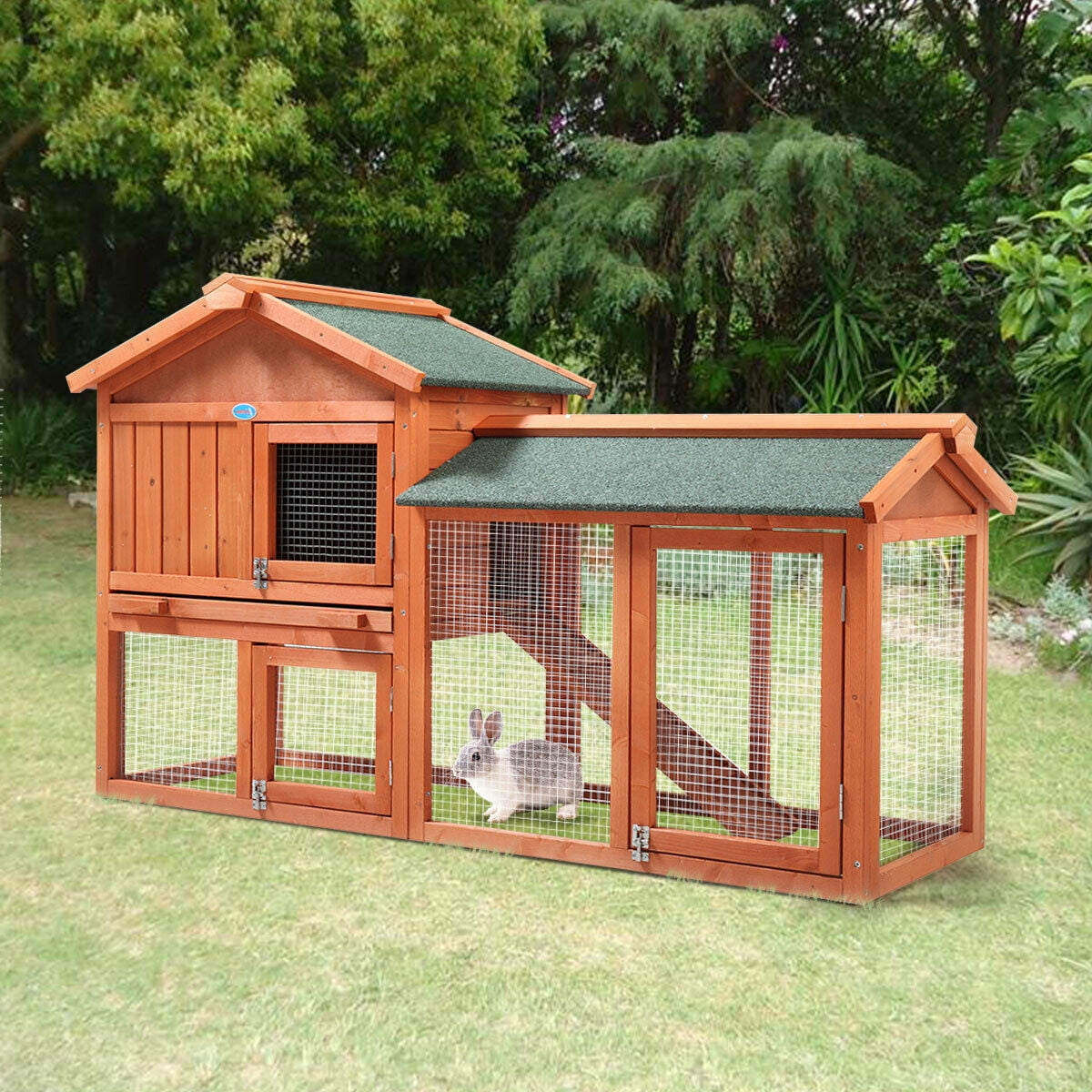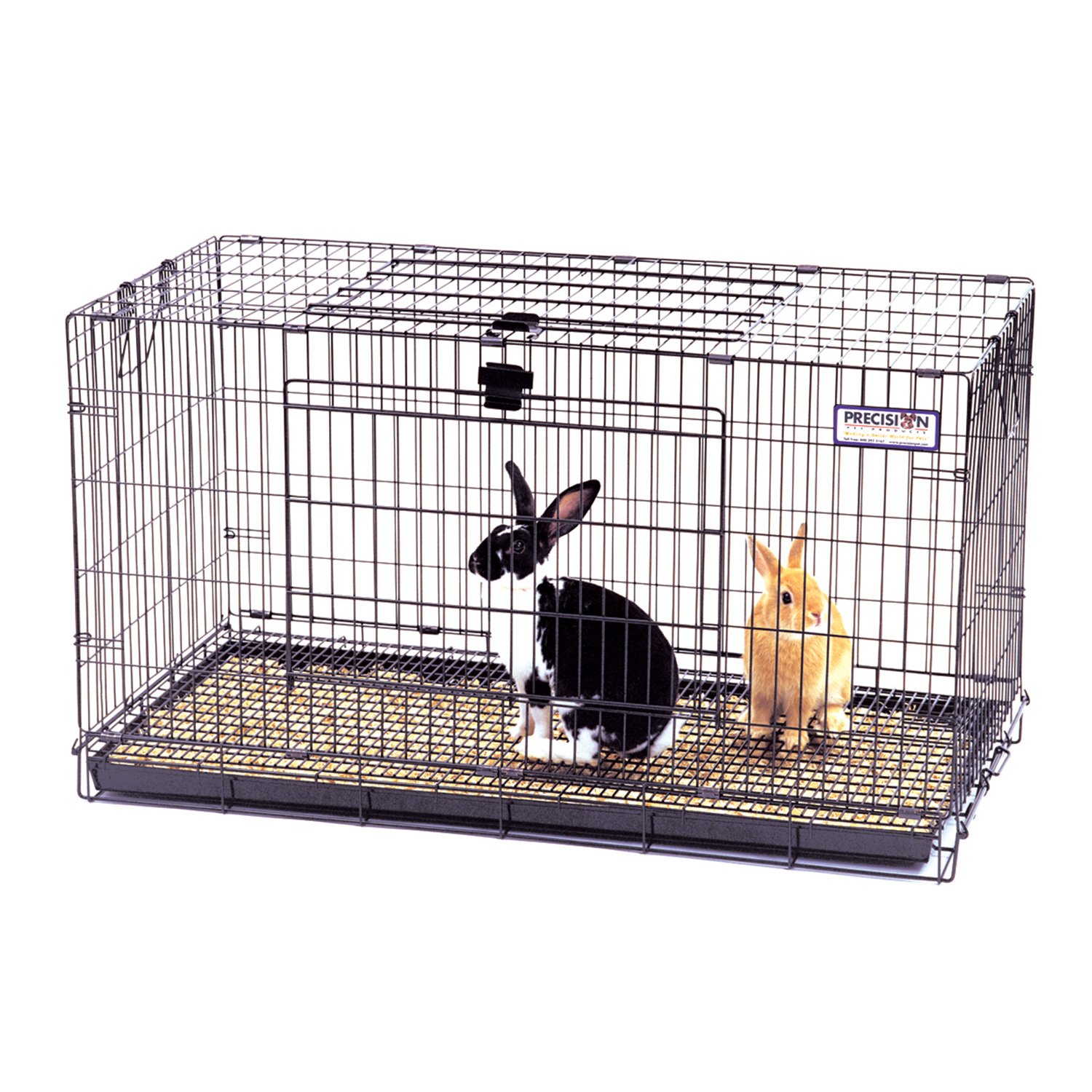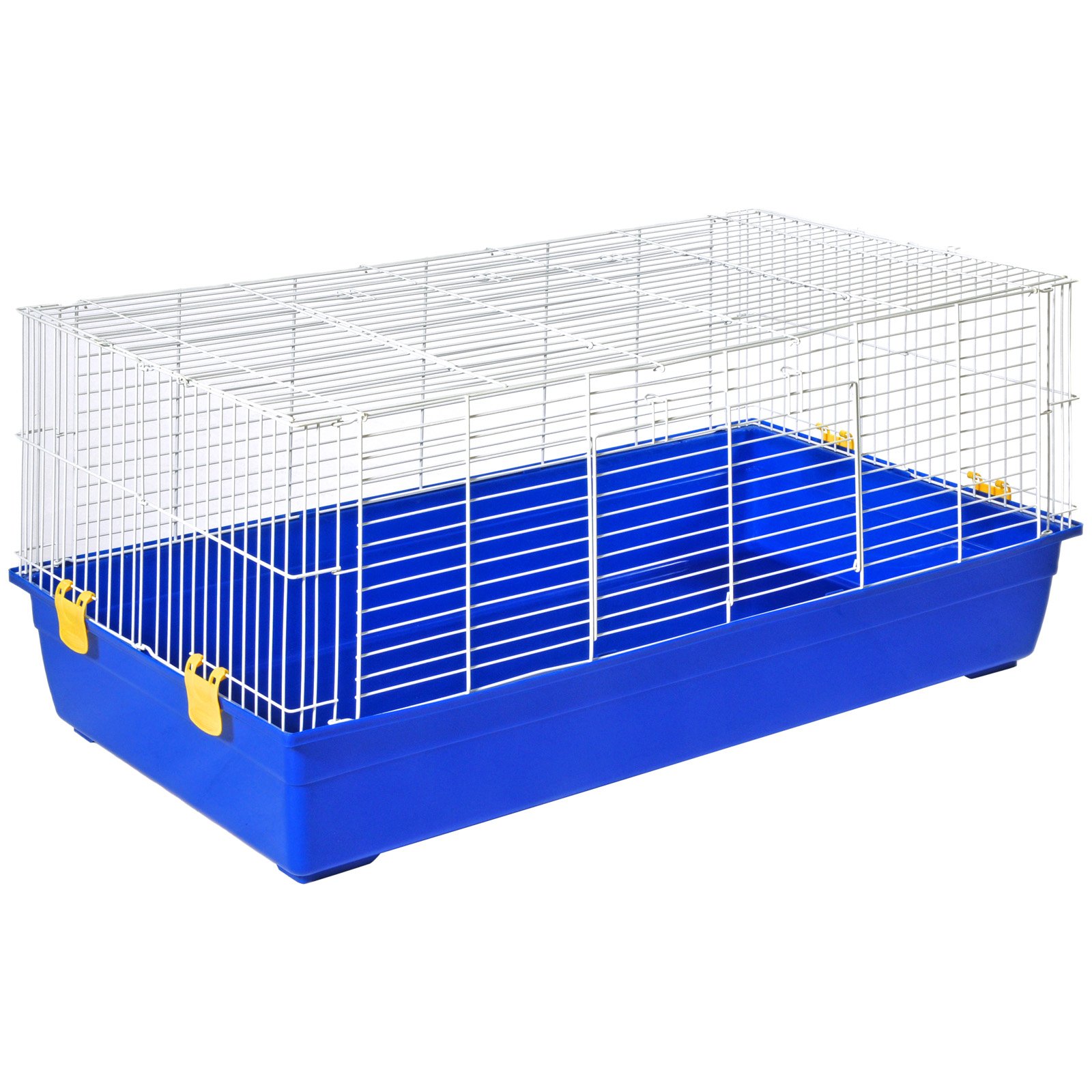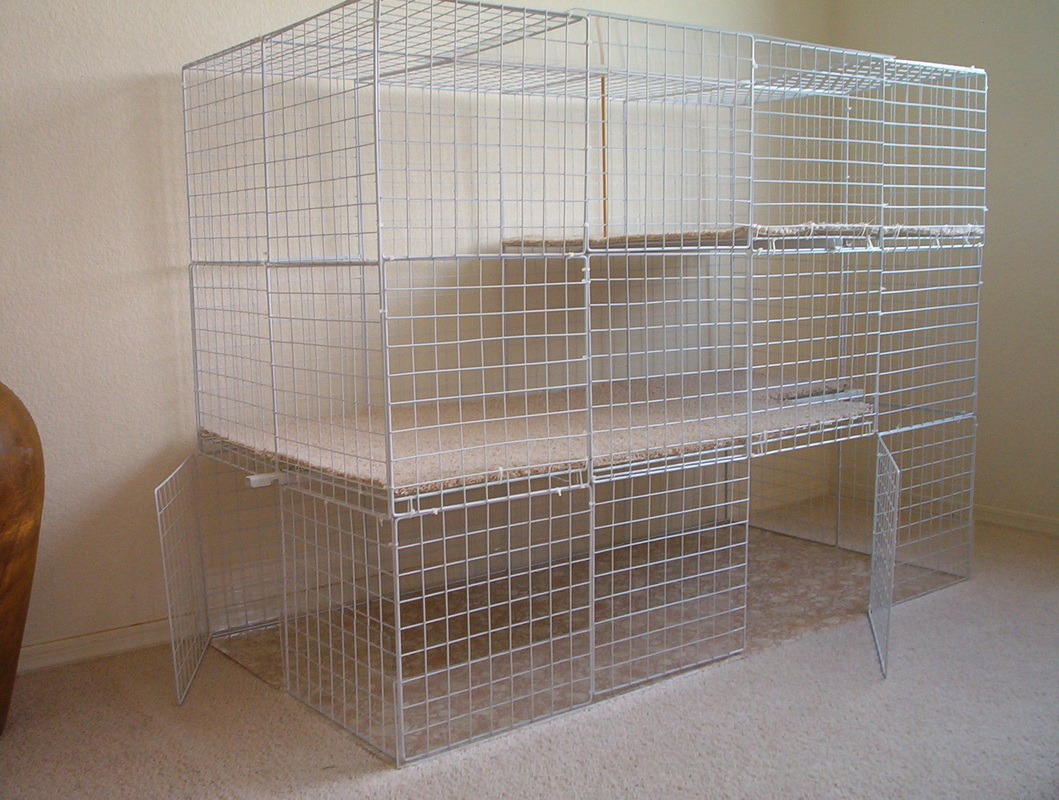
Introduction
A bunny cage is an essential item for anyone planning to keep a pet rabbit. It provides a safe and comfortable living space for the bunny, ensuring its well-being and happiness. In this article, we will explore the various aspects of bunny cages, including their types, features, and maintenance.

Types of Bunny Cages
When it comes to bunny cages, there are several options available in the market. The choice of cage depends on factors such as the size of the rabbit, the available space, and the owner's preferences. Let's take a look at some popular types:
1. Wire Cages
Wire cages are a common choice for bunny owners. They are made of sturdy wire mesh, allowing proper ventilation and visibility. These cages are usually easy to clean and maintain. It's important to ensure that the wire spacing is appropriate, preventing the bunny from getting its head or feet stuck.

2. Plastic Cages
Plastic cages are another option, often preferred for their lightweight and easy portability. These cages are made of durable plastic and come with a wire mesh top for ventilation. They are relatively easy to clean and provide a cozy environment for the bunny.

3. Hutch-Style Cages
Hutch-style cages are larger enclosures that resemble miniature houses. They typically consist of a wooden frame and wire mesh. These cages provide ample space for the bunny to move around and may have multiple levels. Hutch-style cages are suitable for outdoor use, but they require protection from extreme weather conditions.

Features to Consider
When choosing a bunny cage, it's important to consider the following features:
1. Size
The size of the cage is crucial for the bunny's comfort. It should be spacious enough for the rabbit to hop, stretch, and stand on its hind legs. A minimum size recommendation is around four times the length of the bunny.

2. Security
The cage should provide a secure environment, preventing the bunny from escaping or predators from getting in. Check for sturdy construction, secure latches, and appropriate wire spacing.

3. Accessibility
Ensure that the cage has convenient access points for cleaning, feeding, and interacting with the bunny. Look for cages with large doors or removable tops.

4. Chew-Proof Materials
Bunnies have a natural tendency to chew on things, so it's important to choose a cage made of chew-proof materials. This prevents the bunny from damaging the cage or potentially harming itself.

Maintenance Tips
To ensure a clean and healthy living space for your bunny, follow these maintenance tips:
1. Regular Cleaning
It's important to clean the bunny cage regularly to remove waste and prevent odors. Replace bedding, wipe surfaces, and sanitize the cage as needed.

2. Litter Training
Consider litter training your bunny to minimize mess and make cleaning easier. Provide a litter box within the cage and encourage the bunny to use it consistently.

3. Enrichment
Keep your bunny mentally stimulated by providing toys, tunnels, and hiding spots within the cage. This helps prevent boredom and promotes a happy, healthy bunny.

Conclusion
A well-designed bunny cage is essential for the overall well-being of your pet rabbit. Consider the type, size, features, and maintenance requirements when selecting a cage. By providing a safe and comfortable environment, you can ensure that your bunny leads a happy and healthy life.